Health
Liver Tumor Causes Explained by Experts in Delhi
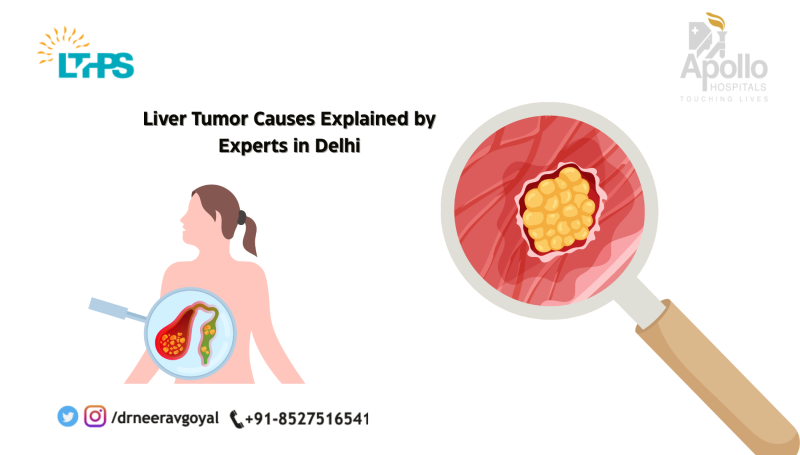
Introduction
Imagine your liver as the hardworking filter of your body — constantly cleaning your blood, producing bile, and processing nutrients. But what happens when something goes wrong, and cells start growing uncontrollably within it? That’s how a liver tumor begins — often silently, without clear signs until it’s advanced.
In this article, we’ll explore what causes liver tumors, who is at risk, and how to prevent them. If you or a loved one has liver-related issues, understanding these causes is the first step toward better health. Let’s dive in!
Learn about liver tumor causes, risk factors, and prevention tips from the best liver transplant specialist in Delhi. Stay informed and protect your liver health.
1. What is a Liver Tumor?
A liver tumor is an abnormal growth of cells in the liver. It can be benign (non-cancerous) or malignant (cancerous). Benign tumors grow slowly and don't spread, while malignant ones can invade nearby tissues and organs.
The liver is vital for detoxifying harmful substances, and when tumors develop, this balance is disturbed-- much like a clogged water filter disrupting clean flow.
2. Types of Liver Tumors
There are two broad types:
Primary liver tumors: Originate in the liver itself.
Hepatocellular carcinoma (HCC): The most common type of liver cancer.
Cholangiocarcinoma: Cancer of the bile ducts within the liver.
Secondary (metastatic) liver tumors: Start in another organ (like the colon, breast, or lungs) and spread to the liver.
Understanding the type is crucial because treatment varies-- and this is where consultation with the best liver transplant specialist in Delhi becomes vital.
3. Common Causes of Liver Tumors
The causes of liver tumors are not always straightforward. However, certain lifestyle factors, infections, and genetic conditions can increase the risk. The liver's role in filtering toxins makes it vulnerable to damage over time.
Let's break down the major causes one by one.
4. Chronic Hepatitis Infections
Chronic infection with Hepatitis B or C virus is one of the leading causes of liver cancer globally.
These viruses cause inflammation and scarring (cirrhosis) over the years, leading to abnormal cell growth. People infected with Hepatitis B or C are at a much higher risk of developing hepatocellular carcinoma (HCC).
Getting vaccinated against Hepatitis B and seeking treatment for Hepatitis C can drastically reduce this risk.
5. Alcohol and Liver Damage
Excessive alcohol consumption is a well-known enemy of the liver. Over time, alcohol damages liver cells, leading to alcoholic cirrhosis.
Think of it like constantly pouring toxic liquid into a sponge-- eventually, the sponge can't absorb anymore. Similarly, your liver loses its ability to regenerate, and this damaged environment can trigger tumor formation.
6. Fatty Liver Disease and Obesity
In today's fast-paced world, fatty liver disease (NAFLD) has become increasingly common due to poor diet and sedentary lifestyles.
Fat buildup in the liver can cause inflammation (NASH-- Non-Alcoholic Steatohepatitis), leading to scarring and, eventually, cancer. Obesity and diabetes often go hand in hand with fatty liver, increasing the overall risk.
Maintaining a healthy weight and regular exercise can protect your liver's health.
7. Exposure to Aflatoxins
Aflatoxins are toxic substances produced by certain fungi found in improperly stored grains and nuts. In many developing countries, exposure to these toxins is a significant cause of liver cancer.
Regular consumption of contaminated food allows aflatoxins to damage liver DNA, increasing the risk of tumors. Always ensure food is stored properly and sourced from trusted suppliers.
8. Genetic and Hereditary Factors
Some liver tumors occur due to inherited genetic conditions, such as:
Hemochromatosis: Excess iron buildup in the liver.
Wilson's disease: Abnormal copper accumulation.
These disorders cause long-term liver injury, creating fertile ground for tumor growth. If there's a family history of liver disease, early screening can be life-saving.
9. Cirrhosis: The Major Culprit
Cirrhosis is the final stage of chronic liver disease, where normal tissue is replaced by scar tissue.
This scarring disrupts normal function and cell regeneration, allowing abnormal cells to form and multiply.
Common causes of cirrhosis include alcohol abuse, viral hepatitis, and fatty liver.
Patients with cirrhosis must be monitored regularly by the best liver transplant specialist in Delhi for early tumor detection.
10. Diabetes and Liver Tumor Risk
Diabetes doesn't just affect blood sugar; it can also impact liver health.
Insulin resistance and high blood sugar levels increase fat deposition in the liver, which may cause inflammation and scarring over time. Studies show that people with type 2 diabetes have a higher risk of developing liver cancer, especially when combined with obesity or alcohol use.
11. Use of Anabolic Steroids
Long-term use of anabolic steroids, often used by athletes or bodybuilders to enhance performance, can increase the risk of liver tumors.
These synthetic hormones put extra strain on liver cells and may cause adenomas or even cancerous changes. Avoiding non-prescribed steroid use is crucial for liver safety.
12. Environmental and Occupational Risks
Exposure to certain chemicals and industrial toxins, such as vinyl chloride (used in plastics) or arsenic-contaminated water, can lead to liver tumors.
Workers in chemical industries should take extra precautions and undergo periodic health checks to prevent long-term liver damage.
13. How to Recognize Early Signs
Liver tumors often don't show symptoms until they're advanced. However, early detection can save lives.
Common warning signs include:
Unexplained weight loss
Fatigue or weakness
Abdominal pain or swelling
Loss of appetite
Yellowing of the skin (jaundice).
If you notice any of these, it's time to consult a liver specialist immediately.
14. Diagnosing Liver Tumors.
Doctors use various tools to detect liver tumors, including:.
Ultrasound and CT scans to visualize growths.
MRI scans for detailed imaging.
Blood tests, especially AFP (Alpha-Fetoprotein) levels.
Biopsy to confirm the tumor type.
Early and accurate diagnosis is key for better treatment outcomes-- especially before cancer spreads.
15. Prevention and Healthy Habits.
Preventing liver tumors starts with protecting your liver:.
Avoid alcohol abuse.
Get vaccinated against Hepatitis B.
Eat a balanced diet rich in fruits, vegetables, and lean proteins.
Maintain a healthy weight and exercise regularly.
Avoid sharing needles or unsafe tattoos.
Get regular checkups if you have liver disease or cirrhosis.
Remember, prevention is easier-- and far less painful-- than treatment.
16. When to See the Best Liver Transplant Specialist in Delhi.
If you have cirrhosis, hepatitis infection, or a diagnosed liver tumor, seeking expert care is vital. The best liver transplant specialist in Delhi can evaluate your condition, guide you through treatment options, and determine if transplantation is necessary.
Delhi is home to some of India's most advanced liver transplant centers, offering world-class care and improved survival rates.
17. Conclusion.
Your liver is a silent hero-- always working, filtering, and keeping your body clean. But even heroes need care.
Liver tumors don't appear overnight. They are often the result of long-term neglect, poor habits, or infections. By understanding the causes of liver tumors and taking preventive steps, you can protect your liver and live a longer, healthier life.
And if trouble does arise, remember-- consulting the best liver transplant specialist in Delhi could make all the difference.
FAQs.
1. What is the most common cause of liver tumors?
Chronic Hepatitis B and C infections are the leading causes of liver tumors, especially hepatocellular carcinoma (HCC).
2. Can fatty liver disease cause liver cancer?
Yes, fatty liver disease-- particularly when it progresses to NASH-- can increase the risk of liver cancer over time.
3. How can I prevent liver tumors?
Avoid alcohol, maintain a healthy weight, get vaccinated for Hepatitis B, and have regular checkups if you have liver disease.
4. Are liver tumors always cancerous?
No, some liver tumors are benign (non-cancerous). However, they still need medical evaluation to rule out malignancy.
5. When should I see the best liver transplant specialist in Delhi?
If you have cirrhosis, chronic hepatitis, or a diagnosed liver tumor, see a liver transplant specialist immediately for expert advice and treatment.
Source:
Click for the: Full Story
You might like

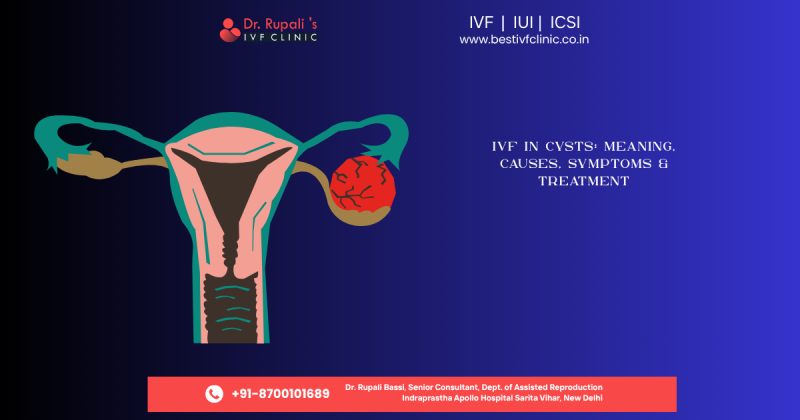
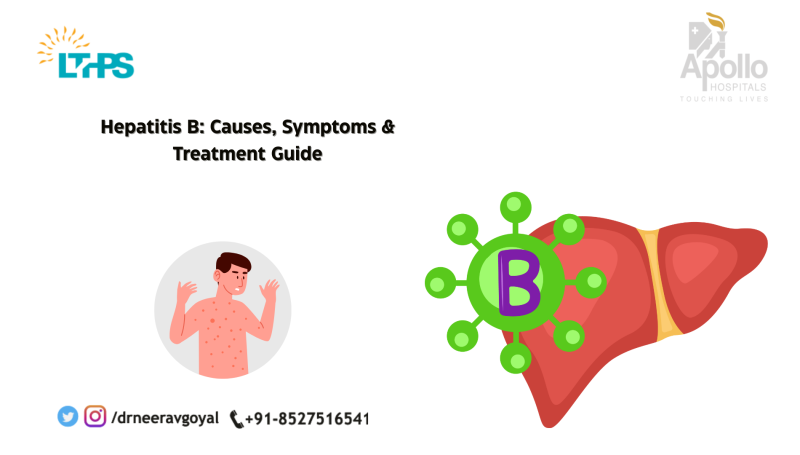
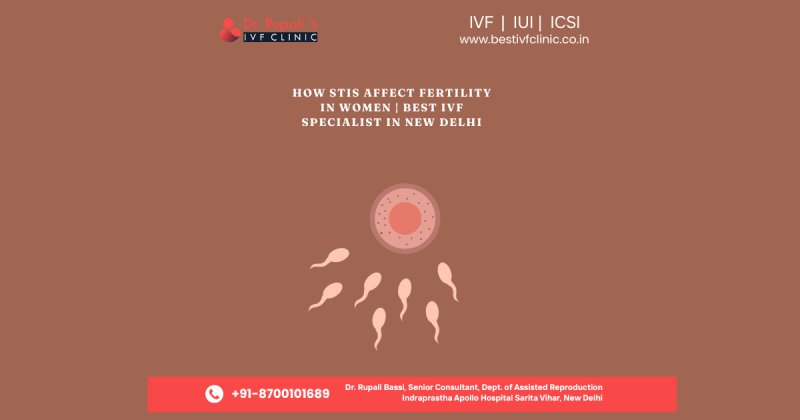
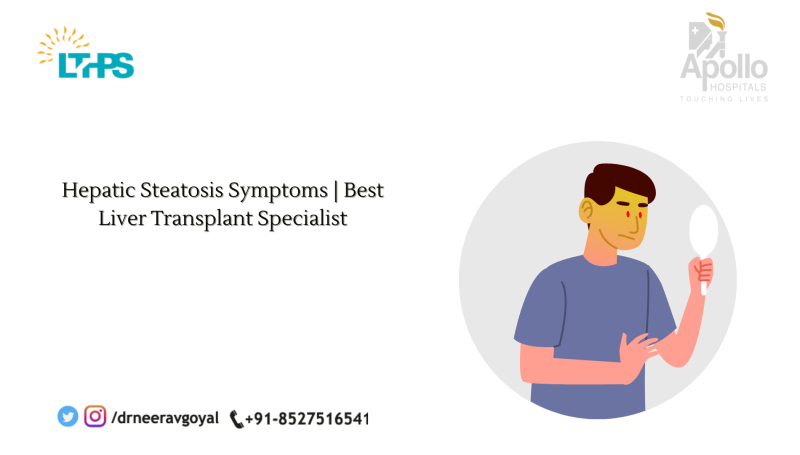

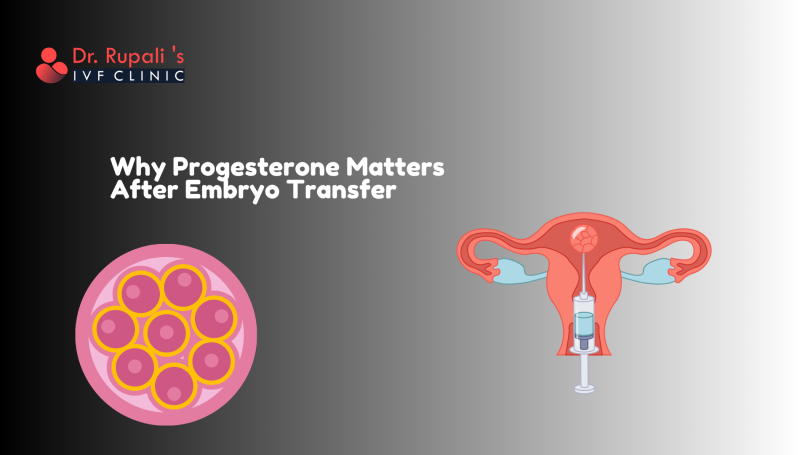






 Close Menu
Close Menu